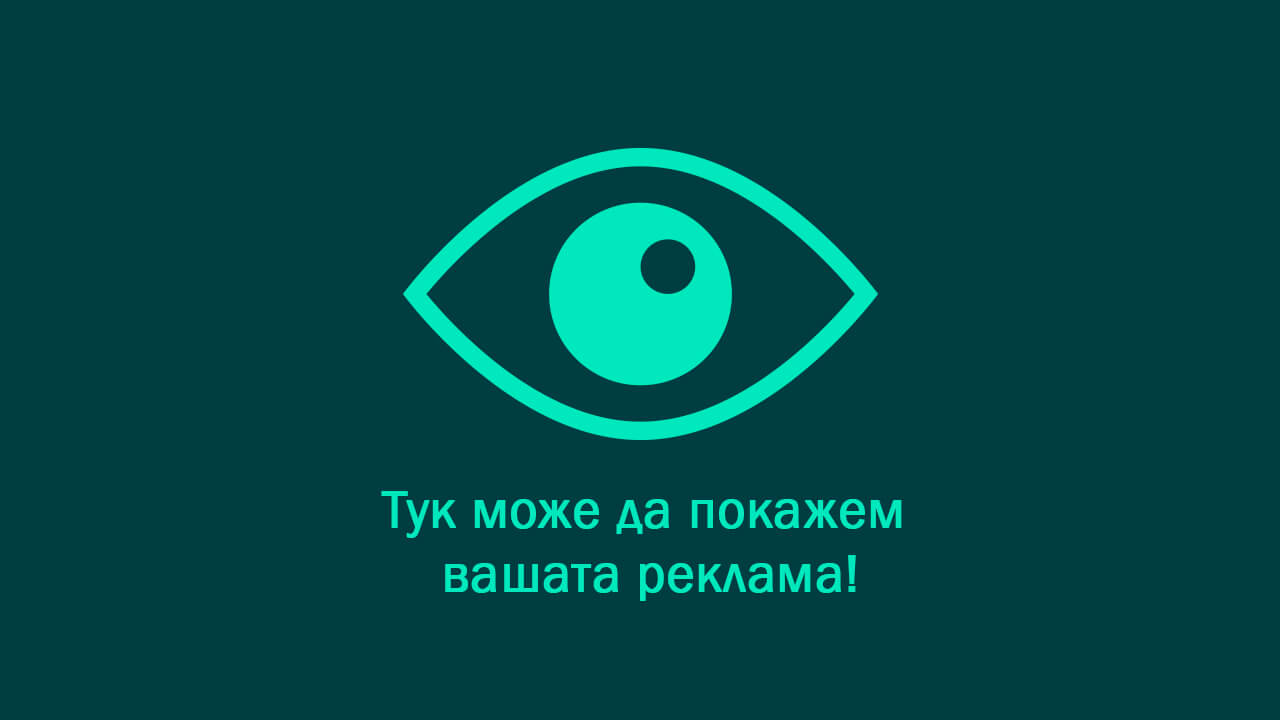Chemotherapy is a highly effective method of treating cancer, but at the same time it is considered one of the most severe treatments and is associated with a number of side effects. In order to better understand the recovery process in this treatment, it is important to get to know the main aspects of the side effects of chemo.
How chemotherapy works
Tumor cells divide very quickly. The main purpose of chemotherapy is to destroy these cells via drug treatment. These substances are called cytostatics - cell poisons.
The effect of these substances, however, also concerns healthy cells in the body - for example, bone marrow cells, mucous membranes of the mouth, esophagus, stomach, intestines, skin cells, hair follicles, ovaries, and testicles.
These are also the most vulnerable areas in conducting chemical treatment of tumors. Chemotherapy often affects the heart, kidneys, bladder, nervous system and liver. However, after the end of treatment, their function is most often restored.
Among the unwanted side effects are:
• nausea
• frequent vomiting
• general weakness
• diarrhea
• dry mouth
• hair loss
Many of these side effects are a serious test for the body and the psyche and are borne extremely hard by the patients. During therapy, the quality of life can be seriously degraded. To help patients undergoing this healing process, modern medicine offers a variety of means to compensate for and counteract negative side effects. Your doctor may give you individual recommendations to relieve side effects that are tailored to the specifics and nature of the treatment you are taking.
After the end of the course of treatment, healthy cells damaged by chemotherapy are recovered and unpleasant sensations are permanently discontinued. The time for total recovery varies depending on the general physical condition of the patient, as well as the type and duration of the treatment. Part of good practice in conducting anti-tumor treatment is to provide the necessary time for recovery of the body.
Every patient shows individual sensitivity to the treatment. Therefore, some of the oncology side effects appear in a mild form, while others are much more pronounced. Leading factor is the individual's history and overall health at the time of the treatment.
It is not possible to fully predict the severity and type of side effects for the patient concerned.
Let’s try to look at some of the most common side effects and some ways to deal with them.
Nausea, vomiting, fatigue
Doctors use different medications to relieve nausea and vomiting during chemotherapy. Meds have a different form and action, such as tablets, capsules, globules and often injections. In combination with your medication, it is advisable to avoid heavy, oily and difficult digestible foods.
Anemia
Cytostatics have a negative effect on the hematopoietic function of the body, often resulting in a reduction in the number of red blood cells in the body and anemia.
The main function of red blood cells is to provide oxygen to tissues and organs. When cells don’t get enough oxygen, the aren’t able to perform their desired function. Patients with anemia get tired easily, experience constant general fatigue, malaise, and drowsiness. During the course of treatment, regular blood counts are required. In the presence of anemia, medications are prescribed to overcome it. In dangerous low levels, blood transfusion may be required.
Regular rest is recommended, avoid heavy physical activities.
Diarrhea
One of the most common side effects of chemotherapy is diarrhea. The explanation for the appearance is that the drugs also affect the cells of the lining of the stomach and intestines. Depending on the patient's complaints, the treating physician may prescribe medications against diarrhea, as well as infusions of systems for correcting the body's water-electrolyte balance. A proper diet can help to ease this symptom. Avoid heavy and difficult digestible foods that can cause gas. Lighter foods without a lot of fiber - potatoes, apples, bananas, rice, toasted bread are recommended. Drink lots of liquids, but avoid coffee, strong teas, alcohol, and savory and sweet drinks.
